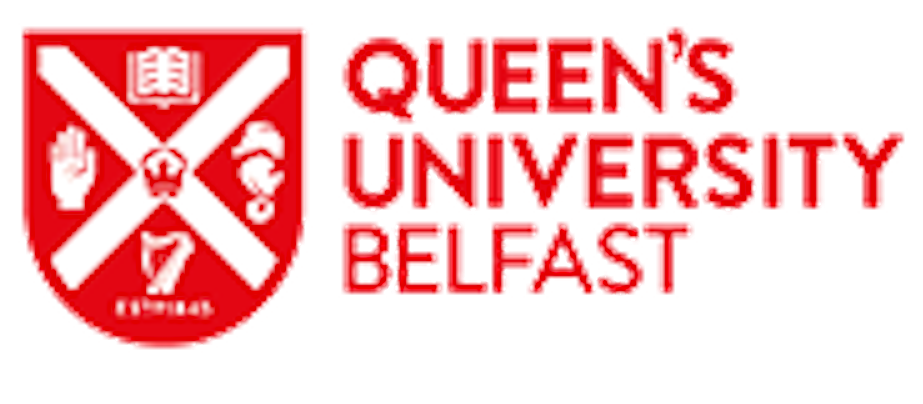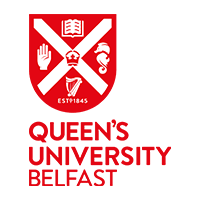From Soil to Fork
How innovative research at Queen's University is changing the face of the global food industry
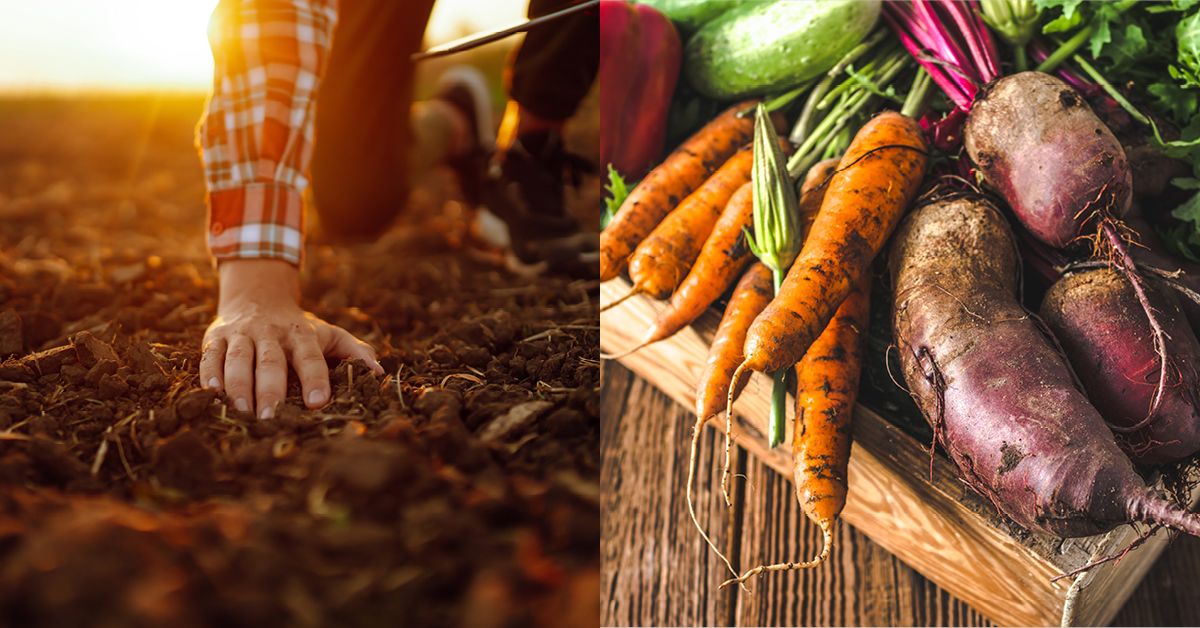
Food research begins with the soil beneath our feet. From soil to the sea, experts at Queen’s University Belfast discover how to harness natural resources.
Their research has far-reaching impact – improving not only the sustainability of the agri-food sector but the environment, local economy and even public health. And, when they draw on their local knowledge and partnerships, they can drive change at a global level.
Find out how Queen’s researchers are bringing research to reality.
Improving the welfare of farm animals
There are significant welfare concerns within the global poultry industry, mainly due to aggressive behaviour and keel bone injuries in laying hens.
Niamh O’Connell, Professor in the School of Biological Sciences in the Institute for Global Food Security discusses how her research is improving global poultry farming standards.
Q. How have you improved the welfare of free-range hens?
NOC: We introduced aerial perches that provide more natural light, reduce aggressive behaviour and do not cause keel bone injuries. And, importantly, these perches have not impacted the productivity of the free-range hens.
Q. How has your research helped the global food system?
NOC: There are obvious benefits for animal welfare - but there is a significant impact for industry and consumers too. Thanks to our research, we have improved quality assurance within the egg and poultry industry.
The Red Tractor Assurance Scheme and the UK RSPCA updated their regulations based on our findings. Even RSPCA Australia changed their Approved Farming Standards to include the use of aerial perches.
Q. What is the key to your research success?
NOC: We work closely with industry partners to find solutions together. We collaborated with Moy Park – one of Europe’s leading poultry producers – to carry out large-scale research on 40,000 birds.
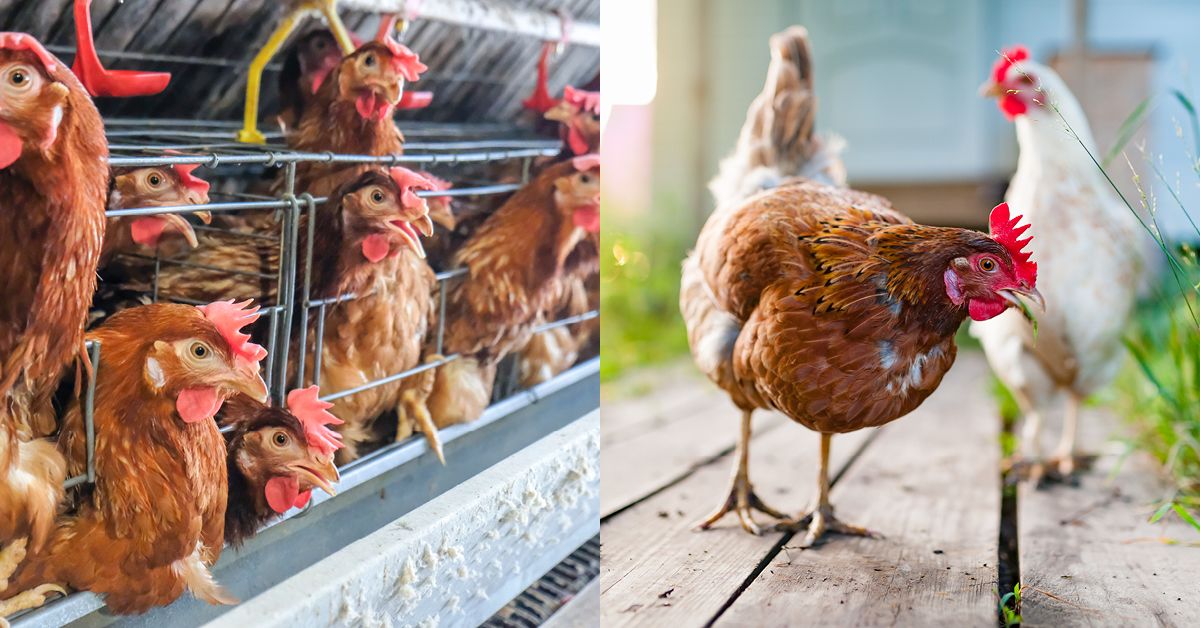
Making the global food system more trustworthy
The global food supply chain is a complex and crucial system. If contaminants enter this supply chain, the effects can be catastrophic.
Christopher Elliott, Professor in the School of Biological Sciences in the Institute for Global Food Security shares how his research is making the global food system more trustworthy and transparent.
Q. How does animal feed contamination happen? Why is your research so crucial?
CE: The island of Ireland imports animal feed from all over the world. This global food supply chain is the most complex system in the world and carries a high risk of contamination. If animal feed is contaminated by toxins, the consequences can be devastating for the food industry and consumers.
Q. What is the Food Fortress scheme?
CE: We launched the Food Fortress scheme in 2014 and it has since become the world’s leading quality assurance scheme. The scheme applies technology and science to track and prevent contamination at a low cost.
Q. What has been the impact of the scheme?
CE: The scheme increased the level of testing for high-risk contaminants by over 500%. This had a huge impact on Northern Ireland’s dairy economy. In the first four years of the scheme, dairy sales were in the region of £50,000,000.
Our research has established Queen’s University Belfast as a world leader in feed and food safety. We investigate instances of feed contamination around the globe from southeast Asia to sub-Saharan Africa.
Reduce methane emissions from livestock using seaweed
At Queen’s, researchers find local solutions to global issues. Methane emissions from livestock are a major contributor to global climate change.
Learn how Professor Sharon Huws, the Institute for Global Food Security and School of Biological Sciences plans to slash methane emissions by at least 30%.
Q. How can seaweed fight climate change?
SH: Researchers in the US and Australia found a seaweed that can be fed to cattle to reduce their methane emissions. But this seaweed only grows in tropical locations and contains chemicals damaging to the ozone layer.
We found a local seaweed rich in chemicals that can reduce methane emissions, and crucially this seaweed has a smaller carbon footprint and doesn’t pose a risk to the ozone layer.
Q. What are the possible benefits of using seaweed in animal feed?
SH: We worked with Morrisons to reduce methane emissions from their livestock herd without reducing the quality of their meat. We expect the local seaweed to lead to a 30% reduction in the production of greenhouse gases.
There are even benefits to human health. If we feed this seaweed to cows, we enrich their milk with iodine. This milk can help people who are deficient in iodine.
Q. Why is this research so significant?
SH: Our research in this area shows how industry partnerships and interdisciplinary collaboration can lead to widespread improvements to the agri-food sector, the environment and public health.
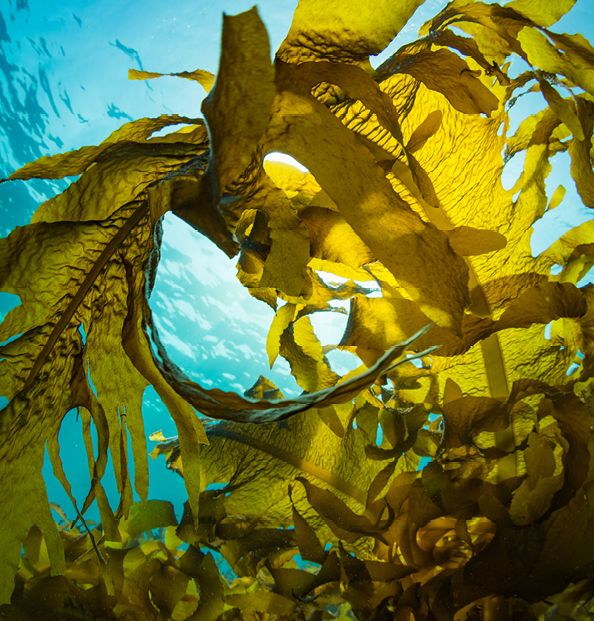
We improve sustainability in farms
One of our key aims is to improve the sustainability of the agri-food sector. This would impact various areas - from the environment and animal welfare to human health and local economies.
Hear from Dr Ryan McGuire as he discusses the importance of improving sustainability in the agri-food sector.
Q. Why is it so important to be able to measure sustainability? How can we do this?
RM: It is crucial in our fight against climate change. Once we can effectively measure sustainability, we can improve it and reduce the carbon footprint on farms.
A key part of this research is our partnerships with farmers in the UK and Europe. Together with these farmers, we assess the level of carbon production and find ways to measure sustainability in farming.
Q. What measures can we introduce to improve sustainability on farms?
RM: We believe that improving the health of soil could offset between 5-10% of global greenhouse gas emissions. Healthy soil acts as a carbon sink by locking in greenhouse gases, but it is often overlooked in the carbon debate.
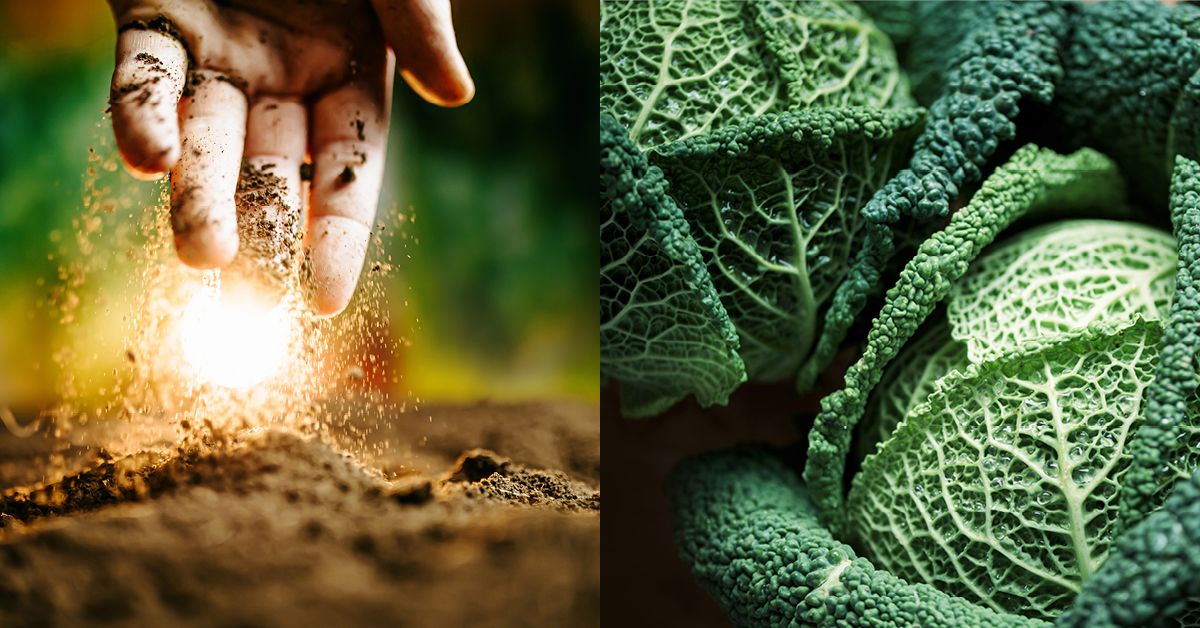
Queen’s researchers translate research to real world solutions
We face a climate crisis. And in times of crisis, the world needs researchers to work on projects with real impact. Researchers at Queen’s tackle climate change, improve animal welfare and even boost the earning power and productivity of the food industry by improving sustainability in the agri-food sector.
Researchers at Queen's University Belfast help tackle the global challenges of our age, changing people’s lives for the better. We are a world-class international university built on teaching excellence, leading-edge research, innovation, collaboration and engagement. Queen's has a proud history of conducting innovative, impactful and world-leading research that has positively changed people’s lives.
This content was paid for and created by Queens University Belfast. The editorial staff of The Chronicle had no role in its preparation. Find out more about paid content.


